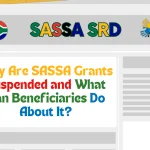I’ve heard the buzz about a SASSA R400 grant, and I bet you’re wondering if it’s real. The answer? No, the South African Social Security Agency (SASSA) currently offers the Social Relief of Distress (SRD) grant at R370 per month, not R400.
Confused by rumors? Don’t worry! This guide cuts through the noise, explaining the SRD grant, its eligibility, application steps, and how to avoid scams. Let’s dive into the facts to keep you informed and safe.
What Is the SASSA SRD Grant?
The South African Social Security Agency (SASSA) runs the Social Relief of Distress (SRD) grant to help struggling South Africans. This grant supports unemployed individuals aged 18 to 60 who lack other income sources. Right now, the SRD grant pays R370 monthly, not the rumored R400. Introduced during the COVID-19 pandemic, it’s a lifeline for millions facing economic hardship.
The Department of Social Development oversees SASSA, ensuring funds reach those in need. Claims of a R400 grant often come from unverified sources, so stick to official channels for clarity.
Why the R400 Grant Confusion?
Rumors about a SASSA R400 grant pop up because of misinformation and scams. Some websites or social media posts falsely claim the SRD grant has jumped to R400. In April 2024, the grant did increase from R350 to R370 to match rising living costs.
This small hike might’ve sparked exaggerated stories. Scammers exploit these rumors, tricking people into sharing personal details. Always verify news through the SASSA website or toll-free number. Staying cautious keeps your information safe and your expectations realistic.
Current SRD Grant Amount and Updates
As of April 2025, the SRD grant remains at R370 per month. The South African government adjusts social grants periodically, but no official announcement confirms a R400 grant.
The Finance Minister and Department of Social Development allocate funds based on inflation and budget constraints. For 2025/26, SASSA gets R422.3 billion to support millions, with R35.2 billion for the SRD grant alone. These funds ensure timely payments to approved beneficiaries. Check the SASSA SRD website for updates to avoid falling for false claims.
Who Qualifies for the SRD Grant?
Not everyone can get the SRD grant. SASSA sets clear rules to ensure fairness. You qualify if you meet these criteria:
- You’re a South African citizen, permanent resident, or refugee living in South Africa.
- You’re aged 18 to 60.
- Your monthly income is below R624.
- You’re unemployed and don’t get other government aid like UIF or NSFAS.
- You provide a valid phone number and ID number.
If you receive another social grant, like a child support grant, you’re usually ineligible, though exceptions exist. Always confirm your status with SASSA.
How to Apply for the SRD Grant?
Applying for the SRD grant is simple and free. Follow these steps to get started:
- Visit the SASSA SRD website at srd.sassa.gov.za.
- Enter your South African ID number and phone number.
- Fill out the online application form with your details.
- Submit and wait for an SMS confirmation.
- Check your application status regularly online or via WhatsApp at 082 046 8553.
You can also apply through USSD by dialing *134*7737# or visiting a SASSA office. Don’t share sensitive info with unofficial sites to avoid fraud.
How Payments Work?
Once approved, SASSA pays the R370 grant monthly. You can choose how to receive it:
- Bank account: Funds go directly to your account.
- CashSend: Collect at retailers like Pick n Pay without a bank account.
- Post Office: Visit a designated branch for cash.
Payments for April 2025 typically arrive between April 25 and 30, based on your ID number. Keep your contact details updated to avoid delays. If you miss a payment, funds stay available for up to three months at ATMs or retail points.
Avoiding Scams and Misinformation
Scammers love spreading fake news about a R400 grant. They might ask for your ID, bank details, or even a fee to “process” your application. Here’s how to stay safe:
- Only use the official SASSA website or toll-free number (0800 60 10 11).
- Never share your OTP or personal info with strangers.
- Ignore texts or emails promising “extra grants” unless from SASSA.
- Report suspicious activity to SASSA immediately.
Sticking to verified sources protects you from identity theft and financial loss.
What If Your Application Gets Rejected?
Sometimes, SASSA declines applications. Common reasons include:
- Income above R624 monthly.
- Receiving another social grant.
- Mismatched ID or phone number.
If rejected, don’t panic. You can appeal within 30 days through the SASSA website. Submit updated details and check your appeal status online. SASSA reviews appeals fairly, so provide accurate info to boost your chances.
Future of the SRD Grant
The SRD grant might evolve by March 2026, with talks of a Universal Basic Income Grant (UBIG). For now, it’s funded through 2025/26, supporting over 8 million people. The government balances poverty relief with fiscal limits, so increases to R400 aren’t confirmed. Stay updated via SASSA’s official channels to know what’s next. Your financial planning depends on reliable info, so avoid unverified rumors.
Why Trust Official Sources?
Relying on SASSA or the Department of Social Development ensures you get the truth. Websites claiming a R400 grant often lack credibility and may steal your data. The SASSA toll-free line and SRD website offer free, secure ways to check grant status, payment dates, or eligibility. By sticking to these, you save time and avoid stress.
Frequently Asked Questions (FAQs)
1. Is the SASSA R400 grant real?
No, the SASSA R400 grant is not real. The South African Social Security Agency (SASSA) currently offers the Social Relief of Distress (SRD) grant at R370 per month, not R400. Always check the official SASSA website (srd.sassa.gov.za) or call their toll-free number (0800 60 10 11) to confirm details and avoid falling for rumors or scams.
2. Who can apply for the SASSA SRD grant?
You can apply if you’re a South African citizen, permanent resident, or refugee aged 18 to 60, living in South Africa. You must be unemployed, earn less than R624 monthly, and not receive other government aid like UIF or NSFAS. A valid ID and phone number are required.
3. How do I apply for the SRD grant?
Visit srd.sassa.gov.za, enter your ID number and phone number, and complete the online application. You can also use WhatsApp (082 046 8553) or dial 1347737# for USSD. After applying, check your application status online or via SMS. Avoid unofficial websites to protect your information.
4. What should I do if my SRD grant application is rejected?
If SASSA rejects your application, you can appeal within 30 days on the SASSA SRD website. Provide accurate details, like updated income or ID information. Common rejection reasons include earning over R624 monthly or receiving another grant. Track your appeal status online for updates.
5. How can I avoid SASSA grant scams?
Stick to official SASSA channels like srd.sassa.gov.za or the toll-free number (0800 60 10 11). Never share your OTP, ID, or bank details with unknown sources. Ignore texts or emails promising a R400 grant or asking for fees. Report suspicious activity to SASSA immediately to stay safe.
Final Thoughts
The SASSA R400 grant isn’t real yet. The SRD grant stands at R370, helping millions of unemployed South Africans. Apply correctly, avoid scams, and check your status regularly. If you’re struggling, SASSA’s support is there for you. Got questions? Reach out to SASSA directly for clear answers. Stay informed, stay safe, and let’s keep the facts straight!
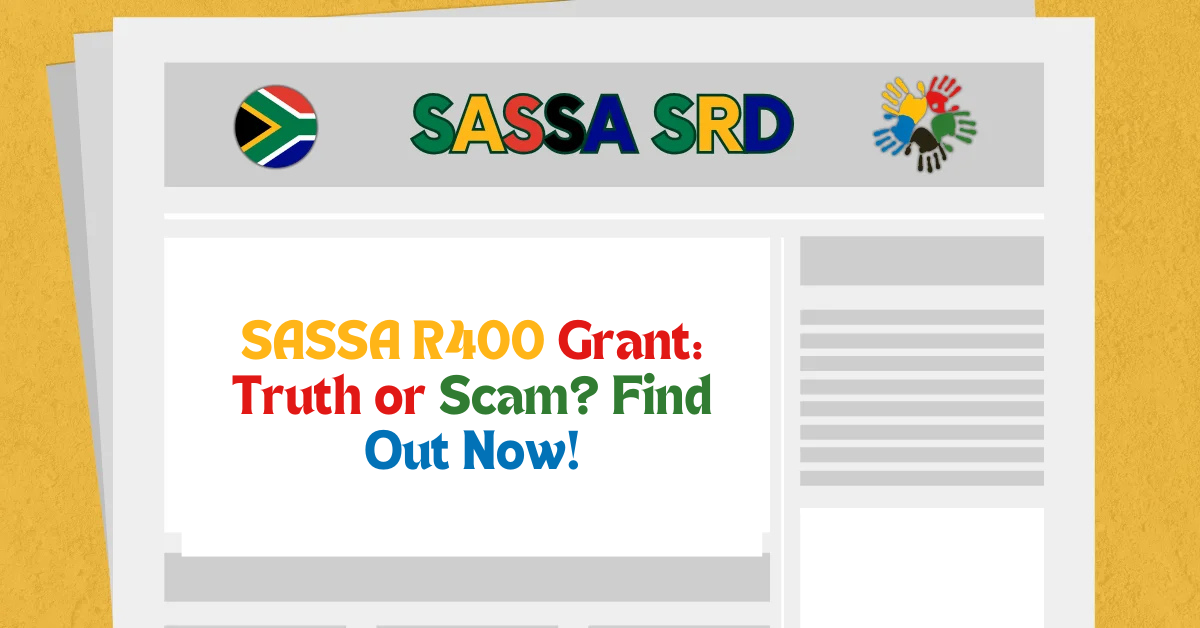
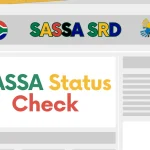
![SASSA Status Check for Grant-in-Aid [2025] SASSA Status Check for Grant-in-Aid](https://srdcheckstatus.co.za/wp-content/uploads/2025/01/SASSA-Status-Check-for-Grant-in-Aid-150x150.webp)
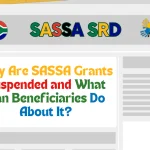
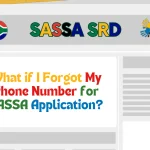
![SASSA Status Check for Disability Grant [2025] SASSA Status Check for Disability Grant](https://srdcheckstatus.co.za/wp-content/uploads/2025/01/SASSA-Status-Check-for-Disability-Grant-150x150.webp)
